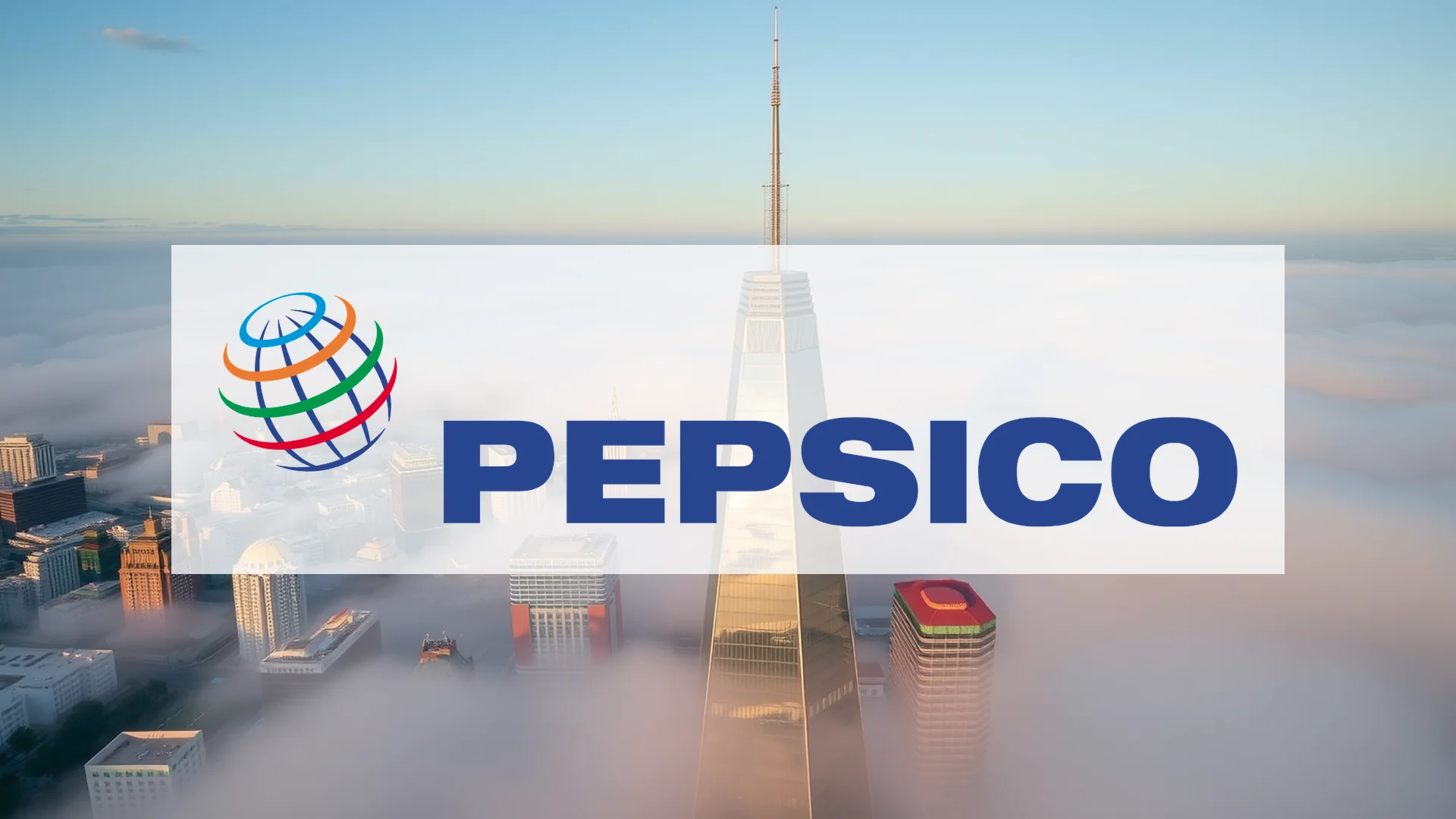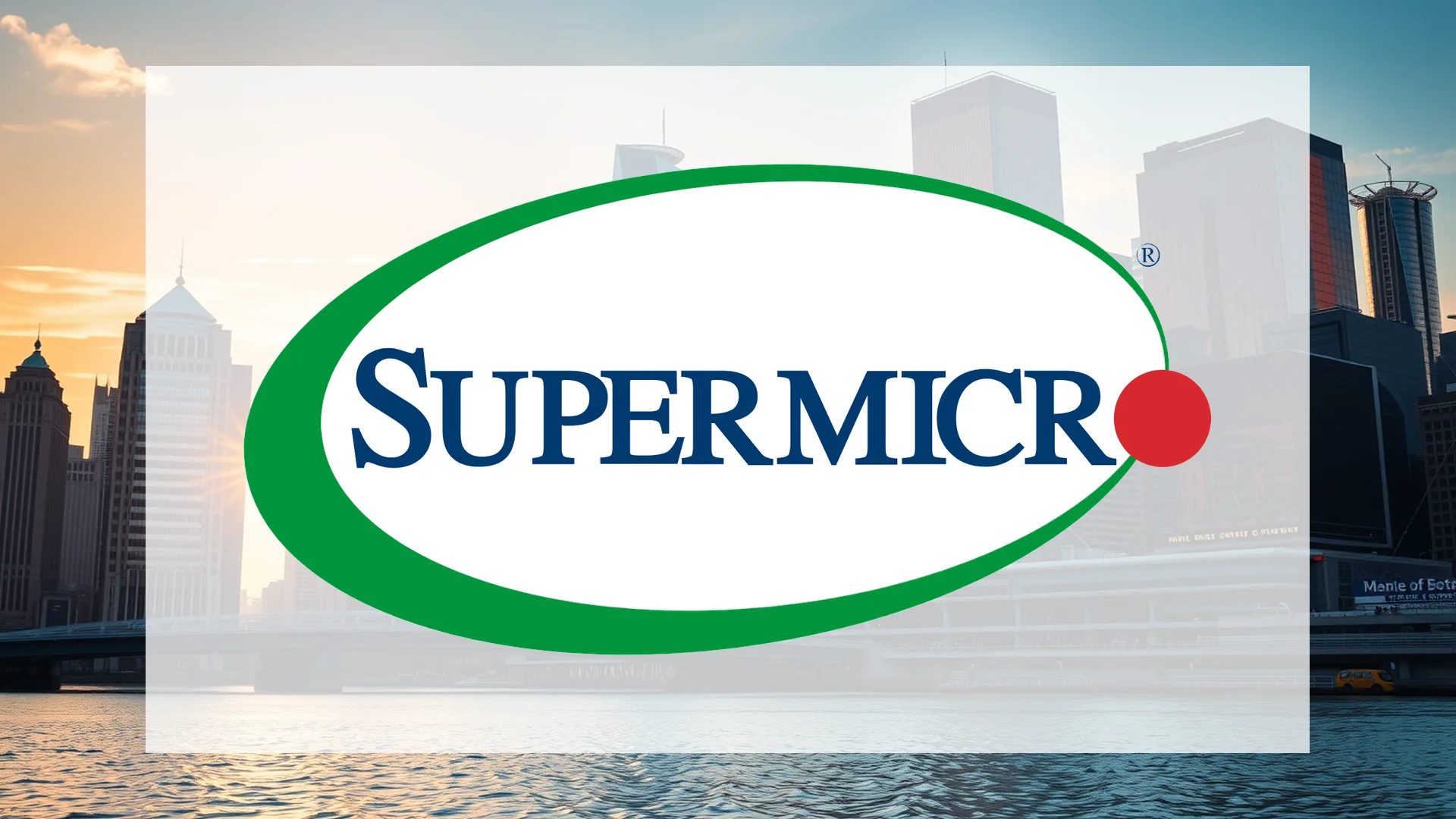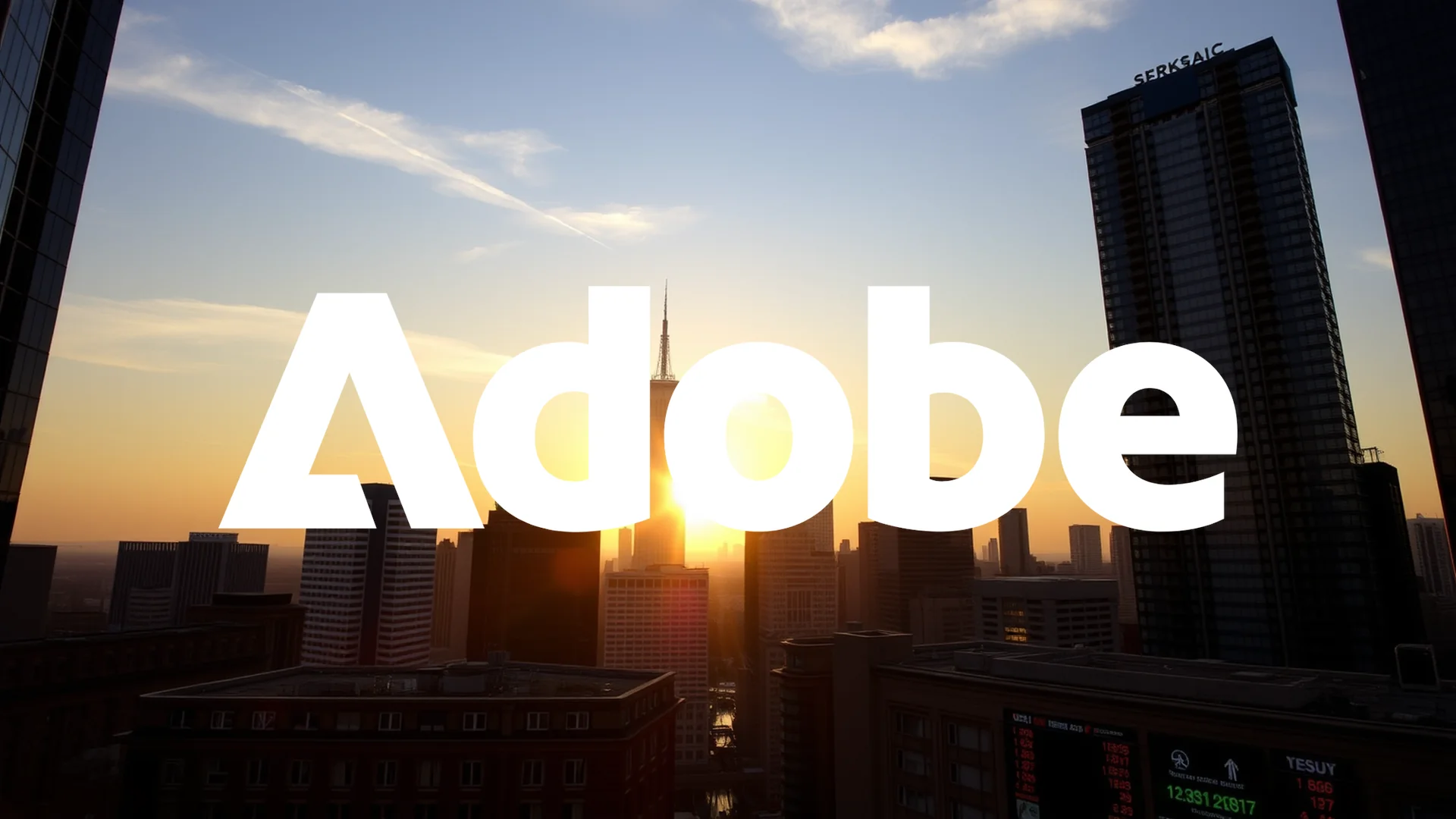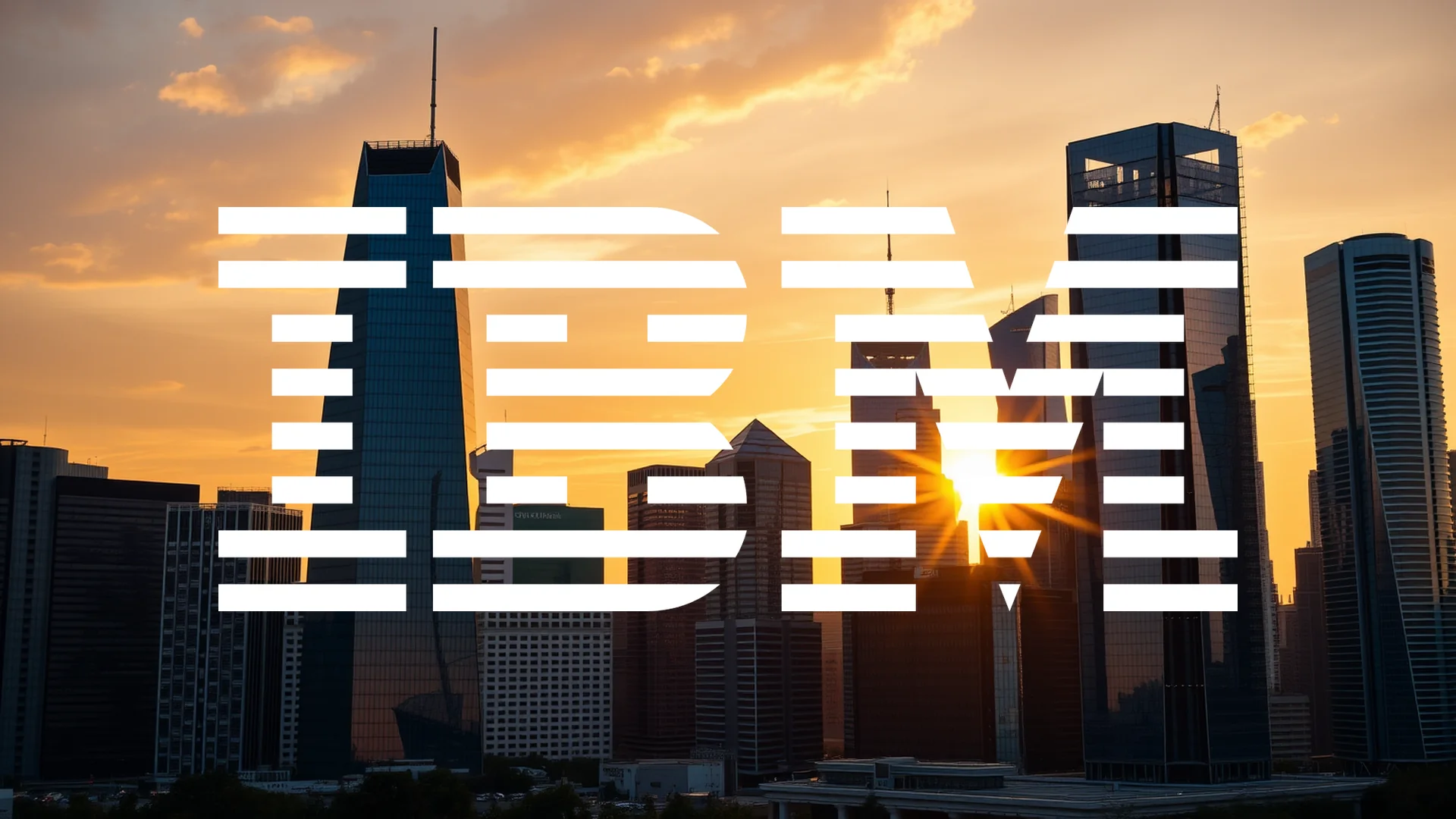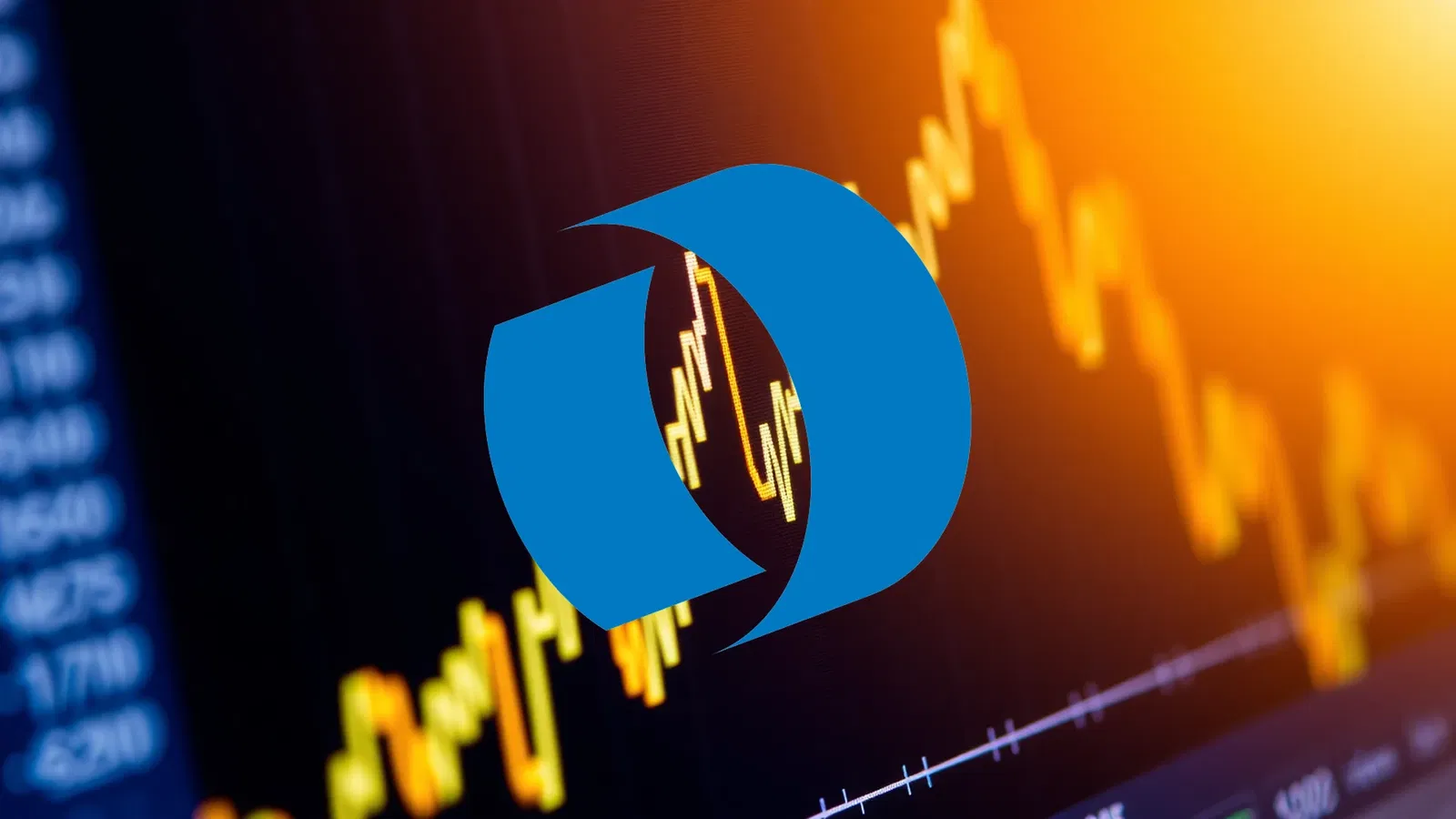A significant development has emerged at PepsiCo, with the prominent hedge fund Elliott Investment Management acquiring a substantial stake valued at approximately $4 billion. This investment, representing nearly two percent of the company, positions the activist investor to challenge the current strategic direction of the beverage and snack conglomerate.
The market responded favorably to the news, with PepsiCo shares advancing two percent following the announcement. Elliott has presented a comprehensive 74-page restructuring proposal, asserting that these changes could unlock a minimum of 50 percent upside for shareholders. This move raises a pivotal question: is this the necessary catalyst for a company that has underperformed its arch-rival, Coca-Cola, over the past five years and has seen its valuation decline by about 25 percent since its peak in May 2023?
A Blueprint for Radical Change
At the core of Elliott’s critique is PepsiCo’s ownership of its North American bottling operations, which the investor identifies as a primary drag on corporate performance. The proposed solution involves a strategic shift back to a “re-franchising” model, mirroring the approach used by Coca-Cola. This system would involve PepsiCo selling distribution rights to regional bottlers while maintaining equity stakes in the franchisees.
This is not a novel concept for the company. Between 1999 and 2010, PepsiCo operated under a similar framework—a period during which it notably outperformed Coca-Cola. Elliott contends that reverting to this proven model holds significant potential for enhancing operational efficiency.
The critique extends beyond the supply chain. Elliott has sharply criticized PepsiCo’s sprawling product portfolio. Analysis indicates that the North American beverage division manages a lineup approximately 70 percent larger than Coca-Cola’s, yet generates 15 percent less revenue—a clear indicator of portfolio inefficiency.
Should investors sell immediately? Or is it worth buying Pepsi?
Potential Divestitures on the Table
As part of its restructuring agenda, Elliott has identified several business units as potential candidates for sale:
- Quaker Foods: Deemed non-core and misaligned with the company’s snack-focused strategy.
- Underperforming Beverage Brands: This includes previously divested labels like Rockstar Energy.
- Low-Margin Product Lines: Businesses that distract from the core, profitable operations.
A particularly concerning data point involves PepsiCo’s North American food business. Despite a massive capital infusion that increased investment from $3.3 billion to $5.3 billion, the unit’s profit margin contracted from 30 percent to 25 percent. These investments were intended to capitalize on COVID-related demand that ultimately failed to materialize.
Market Context and Strategic Crossroads
From a valuation perspective, PepsiCo shares currently trade at a price-to-earnings (P/E) ratio of 18. This represents a notable discount to its ten-year historical average P/E of 22—an unusual position for a company typically considered a premium consumer staples stock.
Elliott’s push for change comes even as PepsiCo remains active in acquisitions, having recently invested $1.95 billion to acquire wellness soda brand Poppi and $1.2 billion for Siete Foods. The market will be watching closely to see if this existing growth strategy can withstand the pressure from Elliott’s reform campaign. The upcoming third-quarter earnings report on October 9th is likely to provide the next significant indicator of the company’s direction.
Ad
Pepsi Stock: Buy or Sell?! New Pepsi Analysis from February 7 delivers the answer:
The latest Pepsi figures speak for themselves: Urgent action needed for Pepsi investors. Is it worth buying or should you sell? Find out what to do now in the current free analysis from February 7.
Pepsi: Buy or sell? Read more here...

